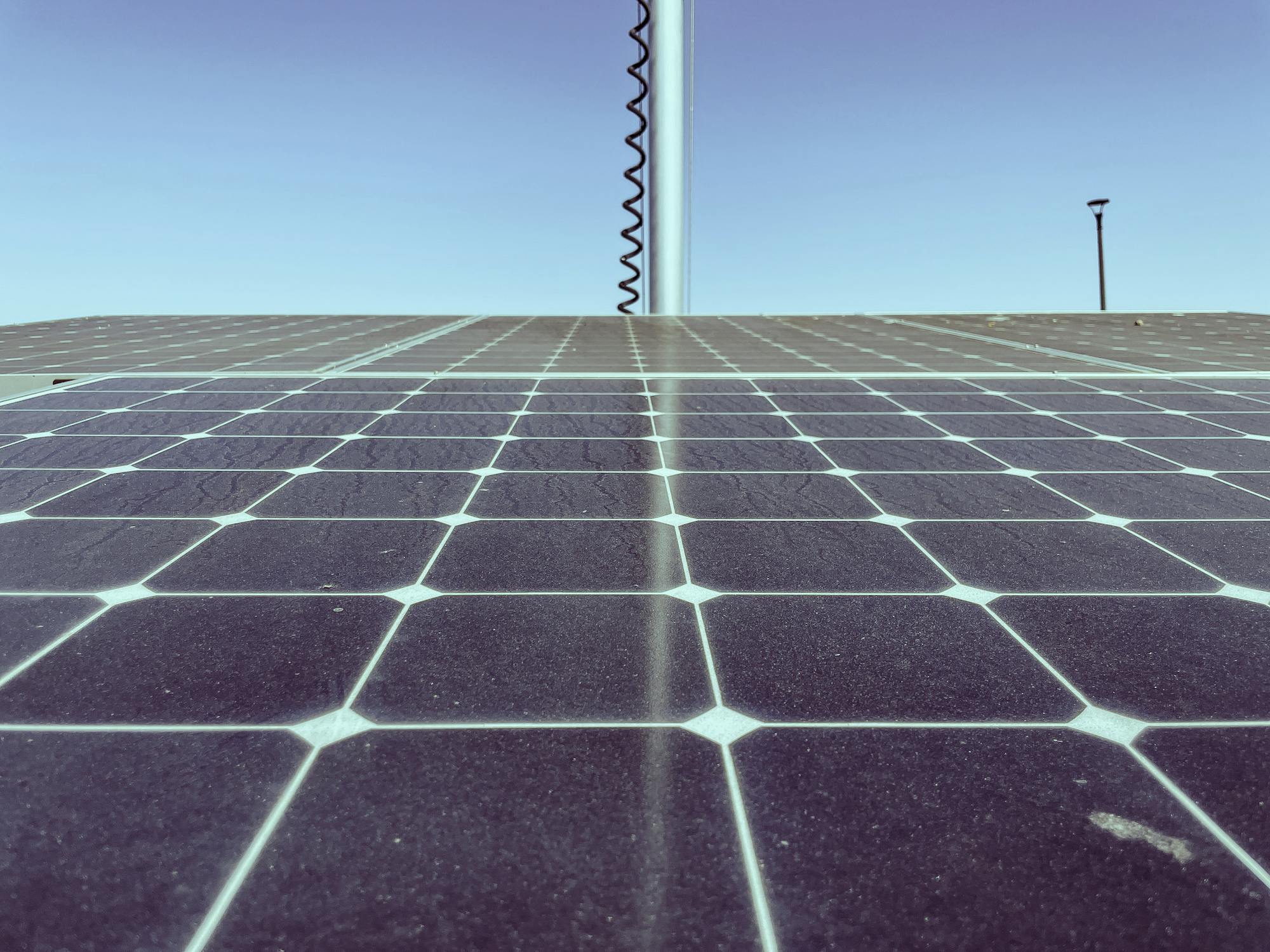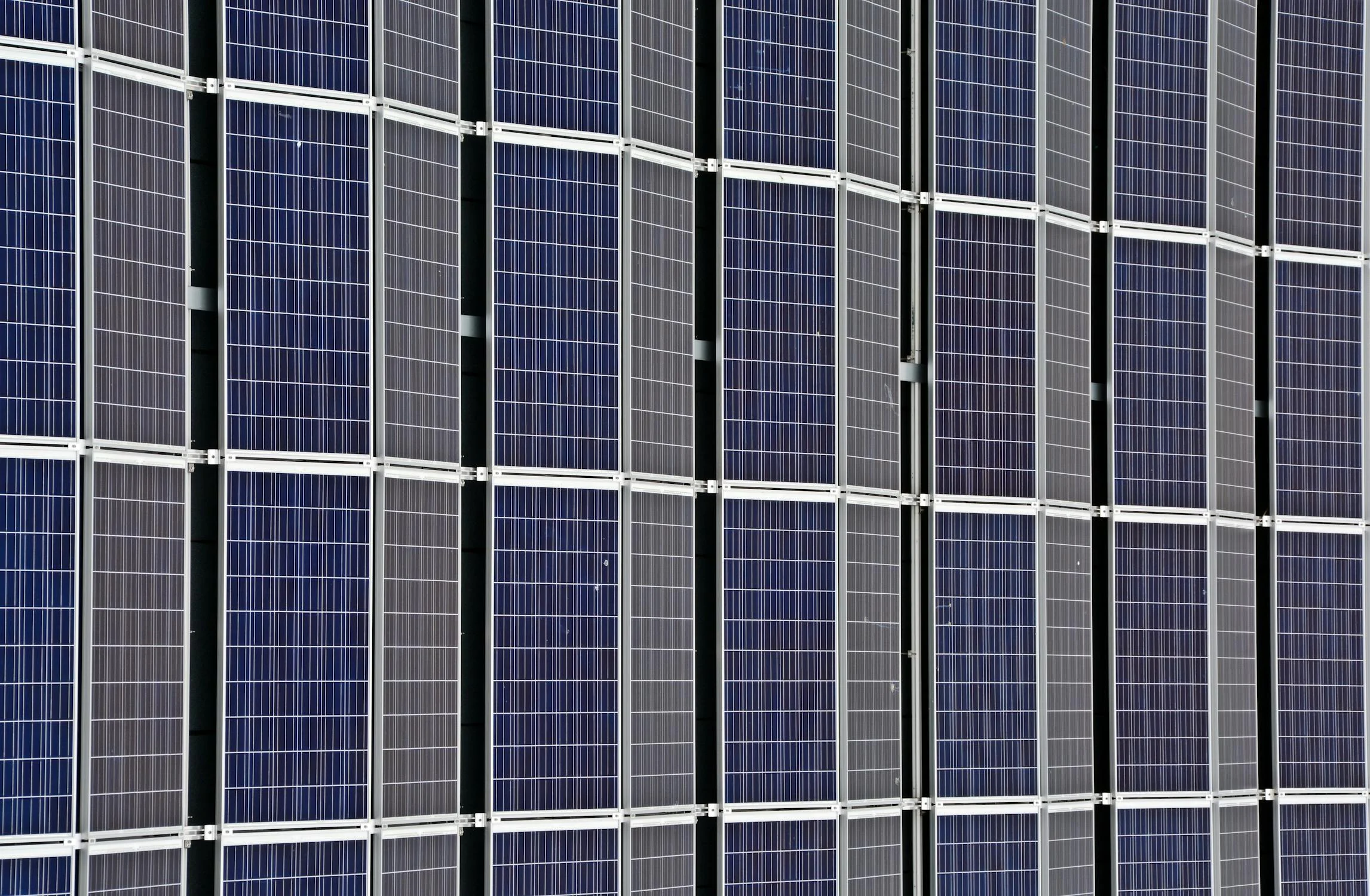
Energy efficiency : All you need to know
“Energy efficiency not only saves businesses and consumers money, but it also reduces pollution by cutting energy use”.
Jeff Van Drew
The principle of energy efficiency is to strike a balance between the energy consumed by the occupants of a home and the energy consumed by the building itself.
What are the different energy performance classes? How is energy efficiency calculated? What are the objectives and benefits of energy efficiency? Find all the answers to these questions in this article.
How is energy efficiency defined ?
Energy efficiency is defined as the ratio between the useful energy produced or consumed by a system and the total energy consumed in its operation.
Illustrative example
For a lighting system in a room in your home, we say that the system is energy-efficient if the amount of electricity consumed in its operation is less than that used for a different system.
What are the different energy performance classes?
Energy performance is grouped into several classes. Generally speaking, there are seven classes. This classification takes its name from the abbreviation DPE, which stands for Diagnostic de Performance Énergétique.
Each class is characterized by distinct energy consumption thresholds, from the most to the least efficient (A, B, C, D, E, F, G). Many household appliances are now labelled with a DPE sheet, to inform you of the energy performance of your appliance.
How is energy performance calculated ?
In a dwelling, the energy performance value is the sum of all appliances connected and switched on (heating, lighting, gas, etc.) in kWh, divided by the total consumption obtained from the dwelling’s living area in square meters.
What are the objectives of energy efficiency?
The aim of energy efficiency is to reduce our dependence on fossil fuels and thus minimize the effects of climate change. In fact, energy efficiency is guaranteed when many households opt for renewable energies to meet their water or electricity consumption needs.
What are the benefits of energy efficiency?
There are countless environmental and economic benefits to be gained from energy efficiency :
Reduced CO2 emissions
A friend to the environment and a foe of fossil fuels, renewable energies help reduce greenhouse gas emissions and carbon footprints. Unlike fossil fuels, which require the combustion of gas, coal or oil.
Savings and cost reduction
Installing energy solutions in your home can save you money. What’s more, you can see a reduction of between 30% and 60%. Energy solutions also keep your appliances and systems in good working order, so you can avoid repair and maintenance costs.


